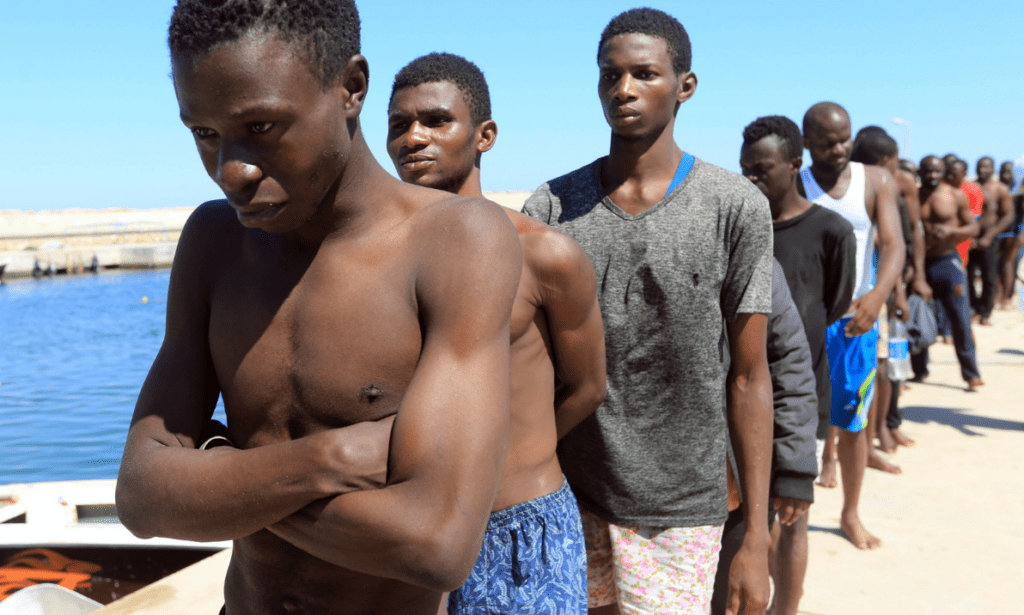On August 23rd, 1997, UNESCO officially established the International Day for the Remembrance of the Slave Trade and its Abolition. The inspiration behind the creation of this day was due to a transitional night in history. On August 22nd-23rd, 1791, African men and women who had been sold into slavery rebelled against the slave system in what is now Haiti and the Dominican Republic. Roars of demands for freedom and independence shook the night, serving as a catalyst for the abolition of the slave trade later. The slave trade is undoubtedly one of the most brutal and inhumane chapters of human existence during the centuries of the past. “Once and for all, it is time to abolish human exploitation and to recognize the equal and unconditional dignity of each and every individual on Earth,” said UNESCO director-general Audrey Azoulay. Is the slave-trade dead and gone though? Or is it alive and well in the modern world?
Libyan Slave Trade
Right next door sits Libya, a nation that has undergone radical changes during the Arab Spring, and descended into a Civil War fought between several factions of armed groups. In addition to that, Libya serves as the main country from which African migrants depart from by sea to seek asylum in Europe. The U.N. Human Rights Agency has received mounting reports on cases of murder, rape and robbery among the migrants. Given the group’s vulnerability, they have also been sold as laborers in slave auctions for $400. The International Organization for Migration (IOM) has also confirmed reports of the existence of slave markets that are “tormenting hundreds of young African men bound for Libya.” According to CNN, an auctioneer said “Does anybody need a digger? This is a digger, a big strong man, he’ll dig. What am I bid, what am I bid?” in a secretly recorded video showing smugglers selling off African migrants like cattle outside of Libya’s capital city, Tripoli.
As soon as the video emerged, the consciousness of the world was shook. Outcry from African nations as well as many celebrities came flooding in, denouncing what these migrants are enduring up till the present day. “We were slaves,” said Moussa Sanogo, a migrant survivor of forced labor in the fields as well as physical beatings. He added that Arabs, specifically Libyan jailers in this matter, see black men as merely animals but even then, animals receive better treatment than them. Sanogo hoped to reach Italy by sea, but was eventually flown back to Ivory Coast after his harrowing experience in Libya.
The African Union-EU summit is set to take place on November 29-30 in Abidjan, Ivory Coast, and amongst the agendas included in the summit is the ongoing slave trade in Libya. The summit’s objective is to increase the long-term economic growth of Africa, and in this year’s summit, they have vowed to recognize and tackle a matter that has no place in the 21st century, or in humanity’s existence.



